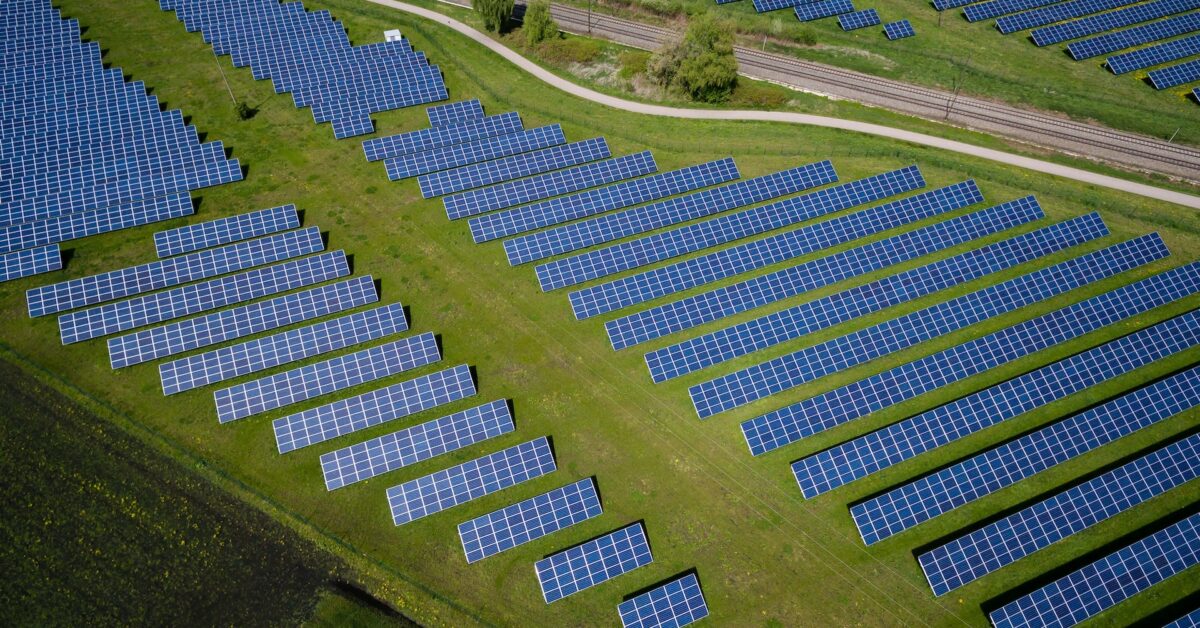Leasing land to a solar developer can be a lucrative way for a farmer or rancher to generate income. However, the process can be complex and requires careful consideration and consultation with an attorney.
One of the most critical factors is access to power, namely whether your property is close to utility infrastructure. Proximity to energy is essential for community-scale solar installations because they require a three-phase ability to operate.
Access to Power
Solar energy leases can be a great way to earn income on your land while reducing carbon emissions. However, it is essential to approach these deals cautiously and research your area’s regulations before signing a solar lease agreement.
One of the first things companies looking for land to lease for solar is the potential access to power. Ideally, your property should be located on three-phase lines with adequate capacity to absorb the power produced by the solar panels.
While this may not be possible in all states, it is essential to know the grid capacity near your property so you can negotiate the appropriate rate for your acreage. The Public Service Commission has a Utility Hosting Capacity Map that shows the available power on nearby lines.
Another issue to consider is the duration of your solar lease. Generally, solar leases have life spans of 40-50 years.
Location
When companies consider a piece of land for a solar farm, they look at the topography and proximity to transmission infrastructure. This can include substations, distribution lines, and power grids. Having these in place saves the developer time and money by reducing the energy needed for the end user’s electricity.
The climatic conditions of a site can also affect its suitability for solar development. For example, a flat, clear parcel of land with little vegetation will be more suitable for a solar project than a heavily wooded area with poor soil and water.
Before a company leases land for a solar farm, it will send someone to visit the site and evaluate its suitability. This will help them set the terms of the lease agreement. They will also send a Notice of Intent to the landowner detailing the terms of the proposed lease.
Utility Rates
One of the most important factors companies consider when leasing land for solar is utility rates. These monthly charges you’ll pay for electricity are typically tied to a power purchase agreement (PPA) or other long-term contracts.
Another consideration is whether or not your land is near an existing substation. If so, the cost of powering a solar farm is reduced because building new infrastructure and connecting it to the grid is unnecessary.
The rate you will be paid for the power produced by a solar farm is generally based on the size of the facility or the electrical generating capacity. For example, a 1 megawatt (MW) solar utility farm uses around 6-8 acres of land.
The most expensive solar land is usually in the country’s hottest, sunniest parts. As a result, it’s no surprise that developers are willing to pay top dollar for the best sites available. The price also reflects that these properties are often difficult to develop, requiring significant upfront investment and the requisite liabilities.
Taxes
Landowners often want to know how much money they can make from a solar lease and the taxes associated with these earnings. This is a critical question because it can help them determine whether or not they should lease their land to a company.
The answer to this question depends on several factors, such as whether or not the land is suitable for solar development and whether or not any tax exemptions may apply to the property. It is also essential to consider that once a solar project is built, it is regarded as real estate and subject to all local taxes.
If your property is classified as agricultural land, it will typically be taxed lower than residential or commercial properties. However, once a solar project is installed on the property, it may be classified as commercial energy production, which could significantly impact your property taxes.
This is why speaking with a tax professional before deciding to lease your property for solar development is essential. They can advise you on these potential impacts on your land and discuss the various tax exemptions that may apply to your property.
Insurance
Insurance is a contract between you and an insurance company in which they promise to pay you a certain amount of money if you experience a covered event. This can cover costs related to car accidents, medical expenses, or damage to your home up to the limits of your policy.
When leasing land for solar, companies consider the landowner’s existing insurance policies. This includes the homeowner’s insurance policy that protects your home, which should be updated to account for the increase in your property’s value due to the solar panels.
Another insurance issue that landowners need to address is their existing general liability coverage. This insurance protects the landowner from potential legal claims by third parties, including solar installers.
In addition, a solar developer may require leases that prohibit grazing or other activities on the land during construction and operations. These restrictions could impact a landowner’s ability to use the property for commercial or recreational purposes. They could also affect how much tax revenue the landowner can expect to receive from the project.

